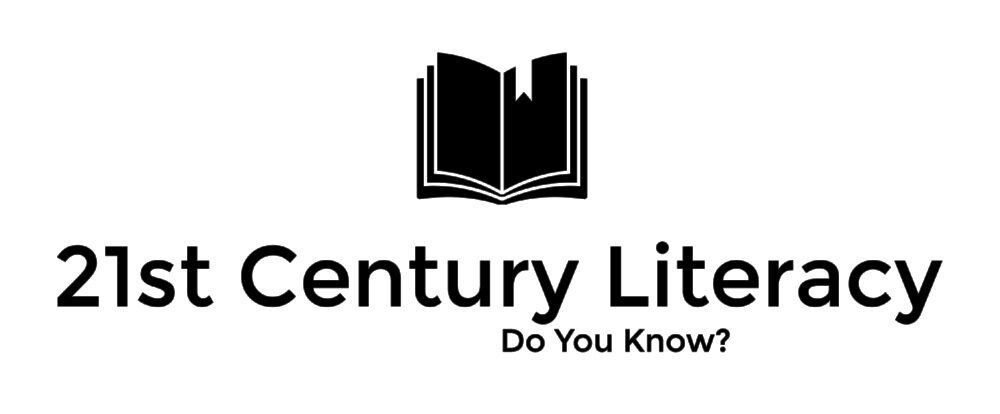1. You learn more and remember longer if learning takes EFFORT. If learning is easy, you don’t learn much, and learning quickly disappears.
2. New learning requires a “foundation of prior knowledge” (pp. 5, 73), and mastery requires “both the possession of ready knowledge and the conceptual understanding of how to use it” (p. 18).
3. We never know when we are learning, or not. When learning is hard and slow we don’t feel like we are learning, but we are. When learning is easy and quick, we feel like we are learning, but we aren’t.
4. Traditional learning strategies do not work.
(A) Listening to, reading, or re-reading information is not effective learning, and information quickly disappears.
(B) Focusing on only one activity or concept, and practicing it over and over does not lead to much learning gain.
5. Effecting learning strategies involve:
(A) “Effortful recall” (p. 82) of concepts or skills from memory
(B) Studying multiple, interrelated subjects at once
(C) Switching between studying different topics or skills, which allows time to forget (and the brain to consolidate information): Learning, remembering, forgetting, and retrieving
(D) Trying to solve a problem before being taught the solution
(E) Draw upon multiple learning styles or experiences
(F) Be able to explain “rule” or “definition” of concept and then apply concept to solve a problem: “Knowhow is learning that enables you to go do” (p. 158)
(G) Meta-cognition: Reflect on what you know, how you know it, and what you do not know: “Incompetent people lack the skills to improve because they are unable to distinguish between incompetence and competence” (p. 121)
6. Test knowledge frequently through memory and practice. Learn from mistakes to calibrate your knowledge: Learn what you do not know or cannot do, and then focus on that area to grow. Also, test your knowledge in the way you will need to use it: “It’s not just what you know, but how you practice what you know” (p. 57)
7. Elaborate on your knowledge by expressing it in or own words or actions, and connect it to (A) what you already know and (B) larger contexts of knowledge.
8. Your brain changes when you learn, enabling new learning and action.

